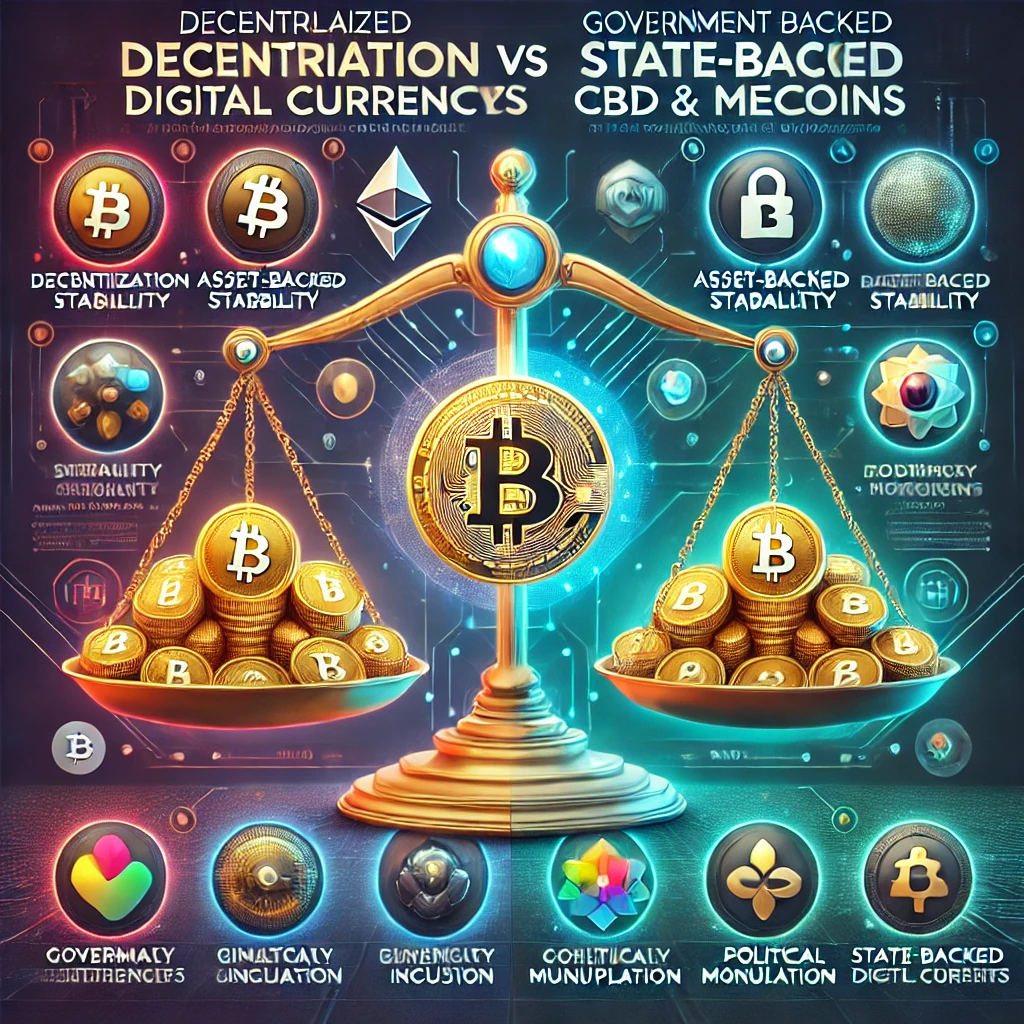
In recent years, several nations have ventured into the realm of digital currencies, with initiatives ranging from Central Bank Digital Currencies (CBDCs) to state-endorsed memecoins. While these efforts aim to modernize financial systems and stimulate economic growth, recent events in Argentina and the Central African Republic (CAR) highlight the potential pitfalls of such state-sponsored digital currencies.
The Argentine LIBRA Scandal
In February 2025, Argentine President Javier Milei promoted a cryptocurrency called $LIBRA, suggesting it would boost the nation's economy by supporting small businesses. The endorsement led to a rapid surge in $LIBRA's value, reaching a market capitalization of $4.5 billion. However, within hours, the token's value plummeted, erasing significant investments and leading to allegations of fraud. President Milei faced calls for impeachment and legal investigations, with critics accusing him of misleading the public and facilitating a "pump and dump" scheme. Milei denied direct involvement, claiming he was unaware of the project's details. (Source: The Wall Street Journal)
Central African Republic's Memecoin Experiment
Similarly, the Central African Republic launched a memecoin named $CAR in early 2025, endorsed by President Faustin-Archange Touadéra. Marketed as an "experiment" in national development, $CAR experienced an initial surge in value, only to crash by 98% shortly thereafter. This collapse resulted in substantial financial losses for investors and raised questions about the prudence of government involvement in volatile digital assets. (Source: Wikipedia)
Risks Associated with State-Sponsored Digital Currencies
These incidents underscore several inherent risks when governments engage in the promotion or issuance of digital currencies:
Financial Instability: The introduction of CBDCs or state-backed cryptocurrencies can disrupt existing financial systems. A sudden shift of deposits from commercial banks to digital currencies may lead to disintermediation, reducing banks' ability to lend and potentially triggering liquidity crises. (Source: Cato Institute)
Erosion of Trust: Government endorsement of volatile assets like memecoins can undermine public trust, especially if such projects fail. The perception of state involvement in financial losses can lead to political unrest and diminished confidence in public institutions.
Privacy Concerns: CBDCs, by design, could grant governments unprecedented access to individuals' financial data, raising concerns about surveillance and the potential misuse of personal information. (Source: European Data Protection Supervisor)
Cybersecurity Threats: Centralized digital currencies present attractive targets for cyberattacks. A successful breach could have catastrophic implications for national economies and individual security. (Source: IMF)
Political Manipulation: State-controlled digital currencies could be leveraged for political purposes, such as restricting transactions, enforcing economic sanctions, or manipulating economic behaviors, thereby infringing on individual freedoms. (Source: Cato Institute)
Why NdeipiCoin is Different
Unlike government-backed CBDCs or state-endorsed memecoins, NdeipiCoin is a decentralized, community-driven digital currency designed to power real-world transactions and create an alternative financial system. Here’s how NdeipiCoin differentiates itself:
True Decentralization: NdeipiCoin is not controlled by any government or central authority, preventing political interference and manipulation. It operates on a robust blockchain infrastructure, ensuring security and transparency.
Asset-Backed Stability: Unlike speculative memecoins, NdeipiCoin is linked to real-world assets, including Bitcoin and Gold, providing a hedge against inflation and financial instability.
Privacy-Focused: Unlike CBDCs, which could allow governments to surveil and control transactions, NdeipiCoin prioritizes user privacy, ensuring financial autonomy.
Economic Inclusion: NdeipiCoin is designed to facilitate cross-border transactions, empower the unbanked, and integrate with various digital finance solutions, fostering financial inclusion across Africa and beyond.
Real Utility: The token is integrated into the Ndeipi ecosystem, which includes remittances, e-commerce, lending, and real-world payments. This ensures that NdeipiCoin is not just a speculative asset but a functional currency.
Community Ownership: Holders of NdeipiCoin play an active role in governance, making decisions through decentralized mechanisms rather than relying on centralized government control.
Conclusion
The failures of $LIBRA in Argentina and $CAR in the Central African Republic demonstrate why governments should not control digital currencies. State-backed digital assets are prone to financial mismanagement, political interference, and economic instability. NdeipiCoin offers a decentralized, asset-backed, and community-driven alternative that empowers individuals rather than governments.
By leveraging blockchain technology, financial inclusion, and real-world utility, NdeipiCoin is not just another cryptocurrency—it’s a financial revolution. Join the movement and experience the future of finance with NdeipiCoin.